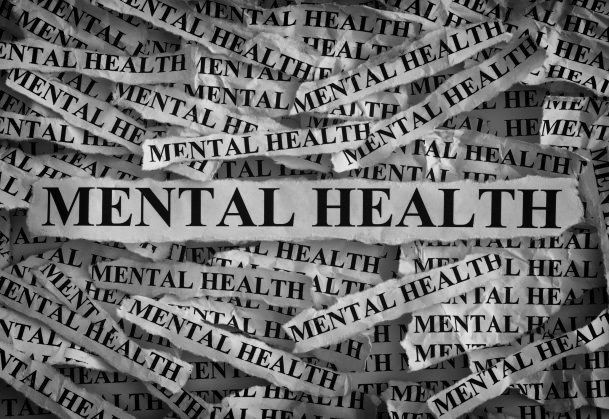
Deconstructing mental health crisis-Part I
Vibi Yhokha Sophie
Kohima | June 29
Despite the rising mental health issues, and despite available treatment, mental health practitioners in Nagaland rue that people are not coming forward mainly due to socio-cultural barriers. Disorders and illnesses that are easily treatable are delayed in Naga society worsening the condition of the patient until recovery becomes impossible.
According to mental health practitioners in Nagaland, the most common cases are schizophrenia, mood disorders, depression, anxiety and substance related disorders. Nagas between the age groups of 15 and 30 (adolescents to young adults) are most susceptible to mental illnesses, said Dr. Temsulong Pongener, Junior Specialist (Psychiatrist), State Mental Health Institute, Kohima. He also mentions that the intake of cannabis is on the rise among young Nagas.
Highlighting the WHO survey where one in every four people across the globe lives with mental health conditions, Dr. Nuvotso Khesoh, Senior Specialist (Psychiatrist) at Naga Hospital Authority Kohima (NHAK) remarked that Nagaland might even have a higher ratio.
Barely any data and statistics are available in Nagaland. The challenge of gathering data is further complicated with many patients opting for prayer houses or local quacks instead of availing medical treatment.
“With the increase in the level of stress, we are also beginning to see higher evidence of mental illness,” said Senior Medical Officer, Dr. Viketoulie Pienyü, adding that school itself is creating a lot of pressure at an early stage. The high level of competition in the present day among students, ‘internet overload’, excessive use of social networking sites, in addition to pressure from families is a major source of stress among Naga students.
Among the young adults, between the age group of 25-35, the main cause of depression and stress is unemployment, Dr. Pienyü pointed out.
“Most times, mental illness is neglected due to stigma and discrimination and also the lack of being informed. We see patients being brought in from different districts, all whose symptoms are blown out making it difficult for intervention,” said R. Themmungla, Visiting Consultant (Clinical Psychologist) at the State Mental Health Institute (SMHI), Kohima.
Stigma, ignorance, misconceptions and lack of awareness restrains people from coming forward to avail mental health treatment, according to Dr. T. Wabang, Medical Superintendent, SMHI Kohima. “People do not know where to go, which doctor to consult,” Dr. Wabang lamented, adding that many Nagas still relate mental illness to the presence of ‘evil spirits’ and prefer local quakes or prayer houses instead of medical help.
“In the Naga context, to admit that there is somebody with mental health issue in the family is a shame and a big issue. It is culturally seen as a weakness,” said Dr. Pienyü pointing out that the shame and social stigma attached to mental illnesses restrains people from discussing mental health conditions or openly come to the Hospital.
By the time patients with mental health conditions seek medical help, their condition has already worsened so much so that treatment becomes futile. Another inclination in Naga society, as Dr. Pienyü pointed out is the nature of seeking medical help only when the condition becomes too painful. “The problem is that at an early stage nobody will come. Our nature is that we don’t come to the hospital immediately. We only come when it is very painful, when it is full blown. We can treat but the outcome is poor,” stated Dr. Pienyü.
Kikruwheno T. Medom, Clinical Psychologist, DMHP, District Hospital views that health is only understood as a physical concern in the Naga perspective. “For some clients, they have been suffering for years without knowing that they can put a name to their complaints they carry and that treatment is available,” stated Medom.
With the advent of the internet and Nagaland becoming urbanised at a quick pace, the Clinical Psychologists expresses apprehension that the State is not so far behind in mental illness outbreak. “Creating awareness about mental health to the nook and corner of the society is still a huge task ahead for the professionals in this field but none of our efforts go in vain without the reward of seeing people approach us,” remarked Medom.






